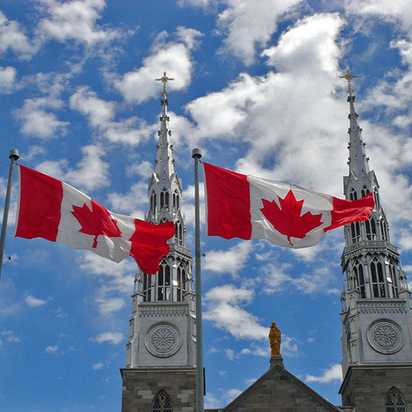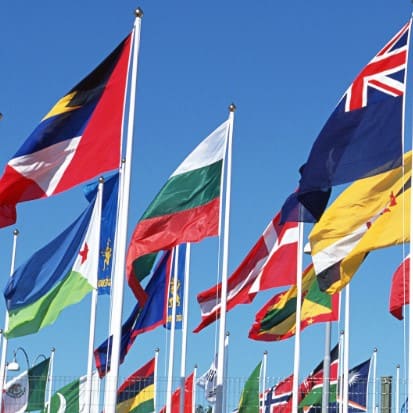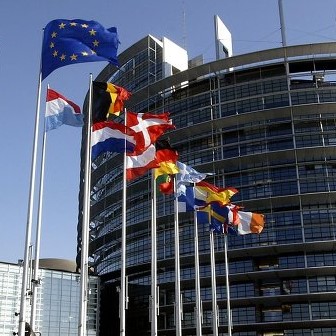FTA between EU and Canada

European commission propose officially declaim and concluded Free Trade Agreement between EU and Canada. Commission need to get support from the European Council and European Parliament. After finishing this process this agreement can be provisionally applied. European commission propose officially declaim and concluded Free Trade Agreement between EU and Canada. Commission need to get support from the European Council and European Parliament. After finishing this process this agreement can be provisionally applied. The commission hope that agreement between EU and Canada will signed during next summit between them in October. Commission President Jean-Claude Juncker said: "FAT between EU and Canada is the best and progressive agreements and I want that it go into force as soon as possible. It provide new opportunities for European companies while promoting our standard as benefit for people. It's time to begin. At stake is the credibility of the European trade policy." EU Trade Commissioner Cecilia Malmström said: "I hope that now the deal with Canada will be signed and concluded quickly, to the benefit of consumers, workers, and entrepreneurs – this is an...








